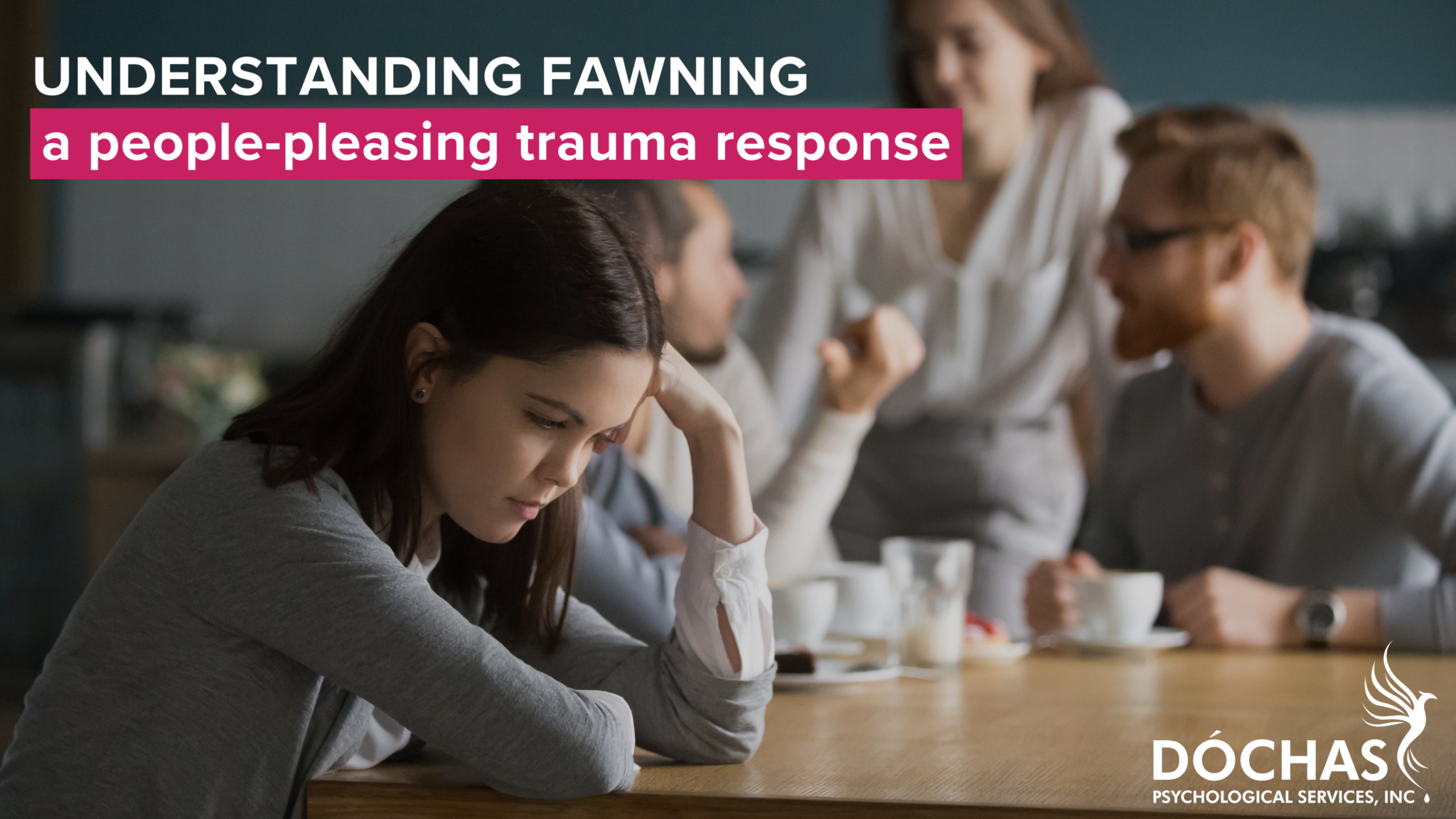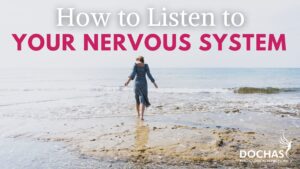Hi everyone, Sierra here on the blog today. In my first-ever blog post, we’ll dive into understanding fawning as a trauma response. We’ll look at how people-pleasing behaviours can stem from past abuse or perceived danger. We’ll explore where these behaviours come from, how they show up in our lives, and the path to healing. This journey is all about building resilience and self-empowerment.
Understanding Fawning as a Trauma Response

Fawning is a trauma response where individuals try to deal with perceived threats by being overly helpful and accommodating. This behaviour often stems from traumatic experiences like abuse or danger, where fawning helps to prevent the escalation of a situation and maintain a sense of security. People who fawn may struggle to set personal boundaries, often putting others’ needs before their own, and find it hard to express their true feelings and thoughts. This can create a pattern where they rely on people who hurt them because it feels safer than standing up for themselves.
It’s important to remember that when someone fawns, it doesn’t mean they agree with what’s happening or that it’s their fault. It’s just a way to cope with danger.
Examples of Fawning Responses

- People who fawn often have trouble saying “no” or standing up for themselves. To learn more about setting boundaries, read our past blog!
- They might put other people’s needs and wants before their own, even if it hurts them. For example, someone might agree to do something they don’t want to do, just to avoid a fight.
- Fawning can also occur in very scary situations, like kidnappings or assaults, where people do whatever they can to avoid getting hurt.
Overcoming Fawning: A Path to Healing

Addressing fawning as a trauma response requires a thorough approach. Different types of therapy can help, such as Eye Movement Desensitization and Reprocessing (EMDR), trauma-focused Cognitive Behavioural Therapy (CBT), and creative arts therapies. These therapies help people understand the trauma that caused their fawning and teach them healthier ways to cope.
In addition to therapy, it’s important that we become more self-aware, spend time reflecting on our feelings, and recognize our true needs. These steps are crucial for breaking free from fawning behaviours and building self-confidence. By focusing on self-awareness and self-care, individuals can start to feel more empowered and in control of their lives.
Supporting Recovery from Fawning
Know someone who struggles with these behaviours and want to help? Assisting those who struggle with fawning responses involves approaching them with understanding, patience, and a strong commitment to establishing an environment where they feel safe to express themselves openly. By promoting effective communication, nurturing trust, and considering professional support such as individual, couples, or family therapy, it is possible to support them in their journey towards healing and liberating themselves from deeply ingrained people-pleasing tendencies.
Final Takeaway
Fawning as a trauma response highlights the complex ways we survive adversity. By recognizing and addressing fawning behaviours with compassion and understanding, individuals can start a transformative healing journey. This journey involves reclaiming autonomy, setting healthy boundaries, and nurturing genuine self-expression, even in the face of past trauma.
It’s important to remember that healing is a gradual process and that support and self-compassion are foundational pillars in the path to liberation from the grips of fawning responses.
If this blog post felt close to home and you recognize these patterns in yourself or a loved one, consider booking a session with one of our compassionate therapists at Dóchas at 780-446-0300 or at info@dochaspsych.com. We’re here to support you on your journey to healing and self-empowerment. Reach out to us today and take the first step towards a healthier, more authentic you.
About Dóchas Psychological
Dóchas Psychological Services is a well-established and trusted therapy clinic located in Spruce Grove, Alberta. At Dóchas we value the idea that everyone deserves a safe space. Through connection and education, our team works hard to build a trustworthy relationship with each of our clients. It is our goal to create a community for our clients to feel like they belong.
Disclaimer
Information provided through Dóchas Psychological Services blogs or vlogs is meant for educational purposes only. They are NOT medical or mental health advice. You can read more about our disclaimer here.









